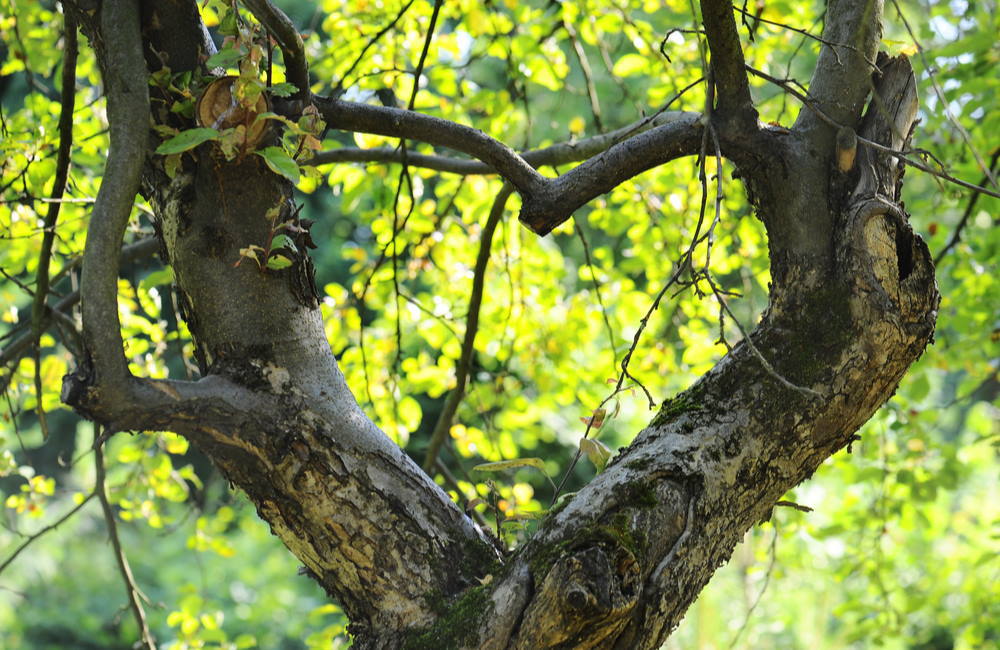Love of Nature: The Benefits of the Natural World

There is no better time to focus on the “love of nature” than the springtime. Watching the earth come alive from its dormancy, there is something new to marvel every day. Recognizing the reciprocal relationship we have with nature is one of the first steps toward connecting to nature for self-care; whether we are aware of it or not, there are benefits from interacting with the natural world.
In recent travels, I watched people sit near cultivated gardens in a park, stand and play in the grass and look for shade under a tree. In some way they are interacting by absorbing the chemical properties that nature provides; boosting our immune systems and increasing our feel-good hormones. Did you know that trees release chemicals that are important in increasing our natural killer (NK) cells? We all have natural killer cells that help to boost our immune system, and in some cases, help to ward off viruses and even cancer.
How to Find Your Higher Purpose in Life
Our Emotional Reaction to Nature
Whether you engage in nature to just receive shade from a tree on a hot summer’s day, hike in the woods or plant a garden, we are all innately attracted to natural living things. Research tells us that our first level of reaction to natural living things is emotional. If this were NOT the case, then the tourism and floral industries would not be billion-dollar industries.
We travel to nature and natural scenes to reduce stress and we send flowers to someone when we want to convey care and concern.
At Hope Grows, we use nature therapy in the work that we do. In addition to helping caregivers through their journey of providing care and loss, we help them connect to nature wellness. The connection – whether it is active or passive, in person or virtual – provides benefits that are positive and mindful. Connecting to the symbolism of their journey by way of nature, there is a give and take that happens. With love of nature, we learn that while we are giving, we are also receiving. We just have to become open to both.
Positive Affirmations for Caregivers
Our Reciprocal Relationship With Nature
A lifelong avid lover of nature, I found a reciprocal relationship with nature, which helped me to heal. While I was cultivating the earth, the earth was healing my pain of grief. Being a lifelong, avid lover of nature, I found that I connected differently. I poured my pain and anger from loss into creating the current healing gardens at the Iris Respite House. At the start, I was finding a way to mend from grief, but in turn found so much more.
The hard work of digging into the earth allowed a place for my anger, the dirt under my fingernails at the end of a long morning of weeding and planting provided a feeling of accomplishment. The cultivation of vegetables and flowers helped me to focus on the living and provided purpose.
While the anger was unpleasant, the creation of the gardens allowed a healthy release. I also learned that the soil of the earth contains a good bacterium called mycobacterium vaccae, which aids in releasing serotonin in the brain. Gardening, growing plants, and designing gardens became routine. I was hooked. Not only was I healing, I was turning my grief into something beautiful.
When I started, I did not set out to create a place for caregivers along their journey of caregiving and loss; it certainly has blossomed though to provide a place of healing. Between a blessed dream from my late father where the mission of Hope Grows began and the combination of the cultivation of my pain and professional credentials, the love of nature remains here at the Hope Grows Iris Respite House and Healing Gardens.
Call it the power of hope, a place to encourage healing, activities for maintaining balance, understanding faith, a place to find strength or preserve joy, one thing remains constant. Turning to nature is one place you can let go of control and heal, all valuable lessons of hope.
Improving Mental Health Through Gardening
